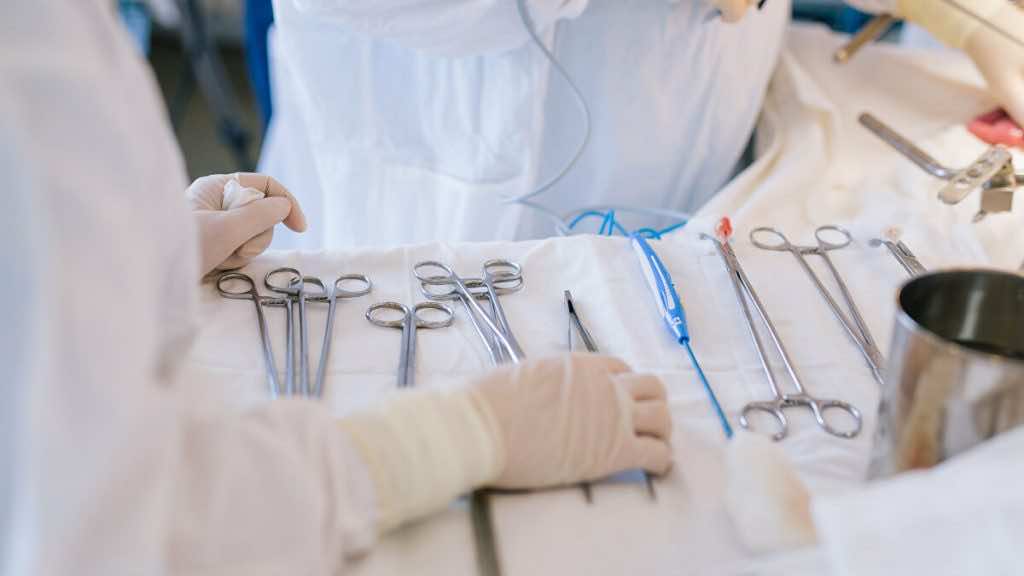An obstetrician-gynaecologist named Alexander Volchek from Novosibirsk had recently been in the headlines after he implanted several tiny chips underneath his skin to effortlessly help him do daily tasks. As a result, the Russian media is referring to Volchek as “Doctor Chip.” The doctor argues that the chip is in the body so that one can simply shake hands to make tasks easier, to go to the store and buy supplies, to operate household appliances, and to pay employees.
Russian media recently reported that the doctor announced that he had attached a bank card chip in his hand. As a result, instead of a credit card, he will be able to pay people by swiping his own hand. In the past, such implants have not resulted in success; however, Dr Volchek expects to become the first recipient of a contactless transmission chip in Russian history.
Almost a decade ago, Volcheck came to know about subdermal chip implants while studying the pseudo-religious opponents of chipping. These implants were initially used in veterinary medicine in the mid- 2000s. After research, he realised that the USA and China are producing these chips, which intrigued him to try one of these on himself.
Doctor Chip was initially featured in 2017. By then, he had tailored six chips inside his body, including a chip that could be used as a replacement for his intercom card, a chip that stored his contact information and another chip that saved all of his passwords without encryption.
“In order to get to work, you need to take out your purse, take a card out of it, apply it, put it back, not lose it, it is very important because my wife got her chip after she lost four cards,” Volchek said. “Instead of this, with a well-worked out movement, just put your hand to the reader, you don’t notice the infrastructure around you. It makes your life a lot easier”.
From the past few years, Volchek has become an advocate of “body-hacking” and has done implantation procedures on roughly 200 other people, including his wife. However, he says that technology has moved at a slow pace. For instance, he wanted to start experimenting with medical chips, like an implantable glucometer for measuring blood sugar, but such a device isn’t yet accessible.
“There are no other things in it apart from identification and getting some pleasure out of it because medically implanted devices have not yet reached the level of miniaturization and the level of energy consumption that would be desired in order to be used in general practice,” Doctor Chip said.
Body hacking has recently been known as a successful phenomenon. More and more are getting facilitated from it; in fact, organisations are ready to pay on behalf of their employees for such procedures to make their lives simpler.

